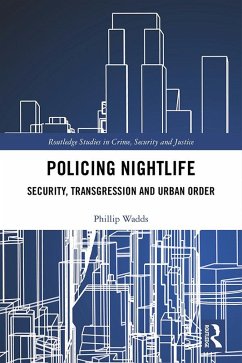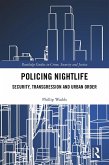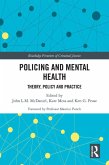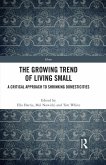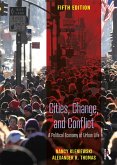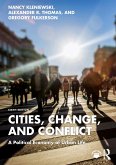Dieser Download kann aus rechtlichen Gründen nur mit Rechnungsadresse in A, B, BG, CY, CZ, D, DK, EW, E, FIN, F, GR, HR, H, IRL, I, LT, L, LR, M, NL, PL, P, R, S, SLO, SK ausgeliefert werden.
Policing Nightlife provides a timely critical account of the dynamic and vital interface between public policing and private security operating in the night-time economy. For those interested in the pluralisation of policing, this book affords an important case study of the challenges that often materialise in the policing of transgressive spaces where diverse politics and interests often conspire to problematise public safety and undermine the effectiveness of policing partnerships. Grounded in a detailed study of Sydney nightlife, the analysis presented provides insights into wider, relevant themes that will resonate with those undertaking research into nightlife elsewhere in cities across the globe. - Professor Adam Crawford, University of Leeds, Leeds UK.
This book provides a deeply researched and fascinating insight into the policing and regulation of Sydney's nightlife. An historical exploration of Australia's drinking culture sets the context for an understanding of how the city's main drinking spaces have evolved. The regulatory history and trajectory of the infamous 'lock-out laws' is explained in its political context. Rigorously researched and argued chapters on media representations, the fragmentation and privatisation of policing and their cultures of hyper-masculinity set out the complexities inherent in the implementation of regulation. The author convincingly demonstrates the contradictions inherent in achieving an idealised 'civilised' nightlife within the framework of a neoliberal drive for growth. Researchers into the newly emerging field of night studies will find much to illuminate their knowledge and understanding within this book. - Professor Emerita Marion Roberts, University of Westminster, London UK.

